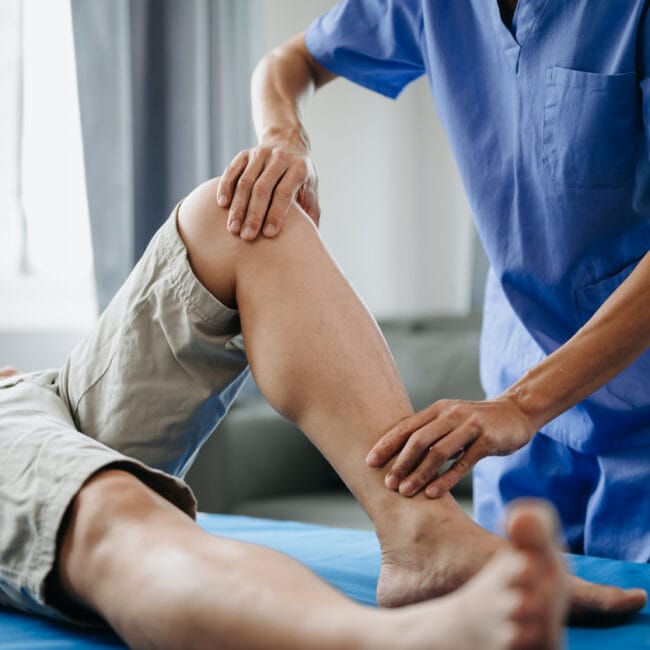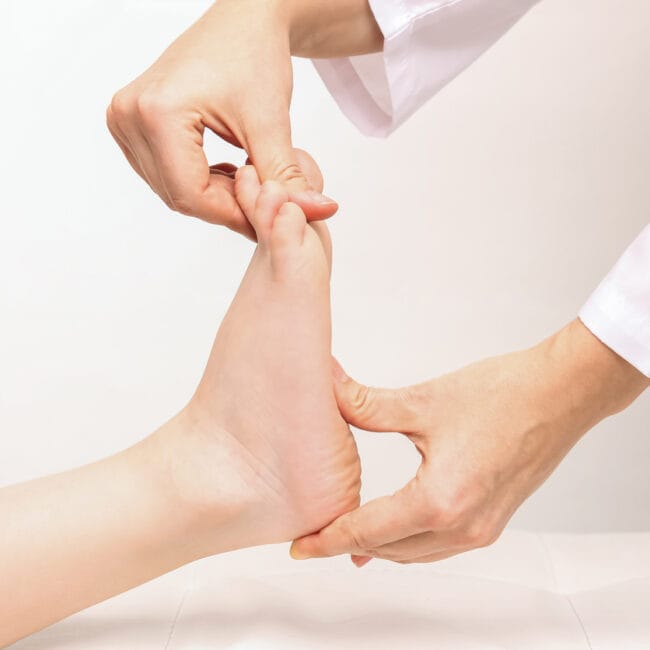Most of us are at our most susceptible to injury in the earliest and latest years of our lives. When we are young, we endure all sorts of bashes and tumbles as we rush to frantically explore the world around us, but we seem to be able to bounce right back up and shake them off. When we are older, we have less energy, and our reaction times are slower, which makes us more likely to fall or get hit by something.
Whether it is an injury and an illness, conventional wisdom tells us that the older we are, the longer it takes to heal. But is this just an old wives tale, or is there any science to back this up? We do know for a fact that older people generally heal slower than younger people. Unfortunately, the science is still out on exactly why this happens. However, there are several leading theories, one or more of which could help explain why we take longer to heal as we age.
A 2014 study published in the journal Nature found that as we get older, a cellular pathway called JAK/STAT starts receiving more and more signals. This is the pathway that delivers information on cells regarding how many of them there should be, which helps them figure out the best way to divide. When this path is overloaded with information, information gets lost, and the cells don’t divide as effectively as they used to. The study also found that using drugs to clear the pathway resulted in faster healing in older patients.
Another theory states that our inflammatory responses may be the reason behind slower healing. Inflammation is an important part of the healing process, as it signals that white blood cells are releasing chemicals to clean and heal the affected area. If there is not enough inflammation, it won’t be effective. If there is too much, it will result in swelling that is unusually big and sensitive, and likely slow down the healing process. As we get age, more cells in the damaged area will become inflamed. The problem is that they may not be working as efficiently, so you could have more cells doing less work, or more cells doing too much work.
There are also a lot of changes in our hormones, proteins, and chemicals that occur as we get olde, which could be affecting how fast we heal. For example, most men start to experience a decline in their testosterone from age 30, so by the time they have retired, they have much lower levels of the same hormone that encouraged them to be active. Collagen plays an important role in tissue regeneration, but also declines as we age, making us more susceptible to cuts and flesh wounds. Changes like these also mean that many older people develop malabsorption problems, which means they are not absorbing the vitamins that could help them heal.
While we don’t know exactly why people take longer to heal when they get older, we do know that it’s true, and we have some pretty good ideas as to why. It’s clear that there may be several different factors at play here, some of them beyond our control for now. But if you want to make sure that you give your body a fair shot, be sure to visit our blog on Healthy Eating as you Age.














